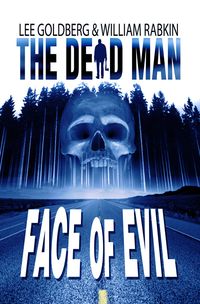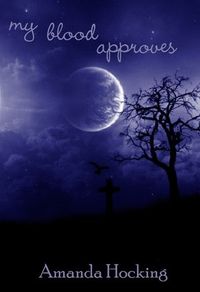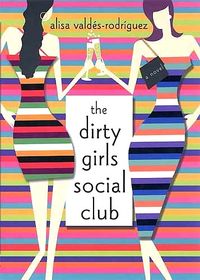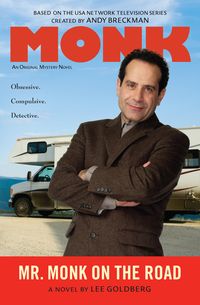The early response to THE DEAD MAN has been enthusiastic and extremely positive. Here's a sampling from the blogosphere.
The Post-Modern Pulps blog says:
Mix one part lurid crime thriller, one part Stephen King-esque weird supernatural horror, add in a dash of colorful sex and a few sprinkles of gratuitous violence, then shake well over ice and pour into a tall frosty mug of icy death. You've just mixed up Lee Goldberg and William Rabkin's new short novel series, THE DEAD MAN.
THE DEAD MAN: FACE OF EVIL is a tight, well written, supernatural thriller. Right from the first page I was hooked, drawn into an intriguing story that kept me turning the pages until I was finished.[…]FACE OF EVIL satisfies all on it's own, while being a terrific opener that promises a epic tale to come. I'm excited for the next book
Right What You Know blog says:
This was another book that I read during my lunch break. Please don't tell my boss, as I read more of this on the first day than my lunch break technically allowed. Needless to say this book is far too engrossing for its own good. I highly recommend reading it when you have more than a half hour lunch break. Face of Evil can be regarded as a stand-alone novella, but it does set things up nicely for more to come. This is primarily a thriller with aspects of horror, with a generous smattering of the paranormal. I'm not really a horror fan, I don't really need those details, but here it isn't overriding and the paranormal/horror aspects add nicely to the tension. […]I can't wait for the rest of this series.
And Jaime Anastasiow blogs:
This was a hold your breath, fly by the seat of your pants, page-turner. And every time I turned the page there was a new surprise. Very much in the style of Stephen King: the natural and supernatural exist in the same realm.
Thanks to all of those bloggers, and to the many others I didn't mention here, for your great reviews!







